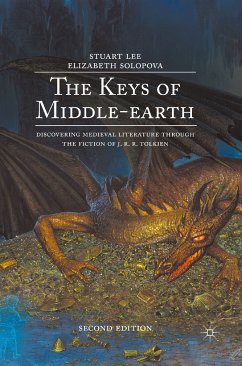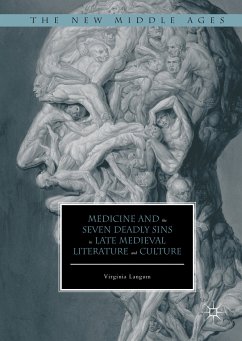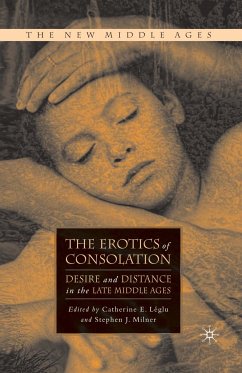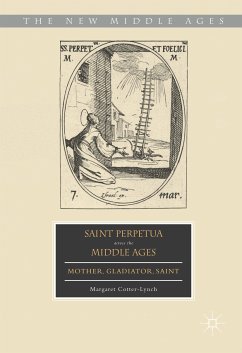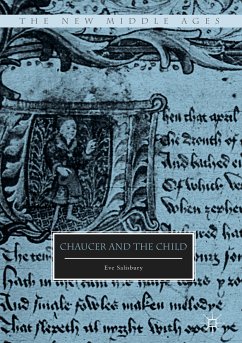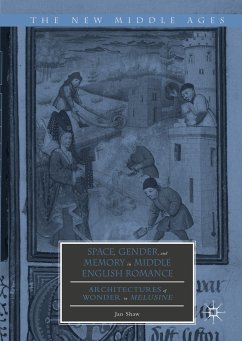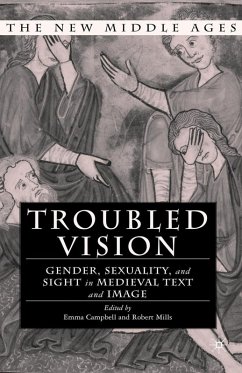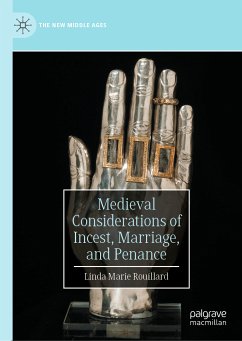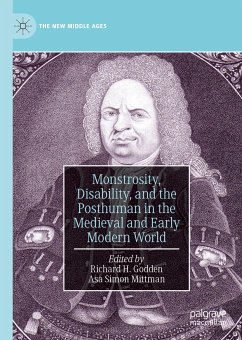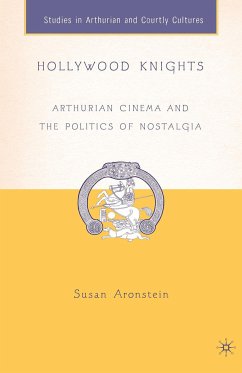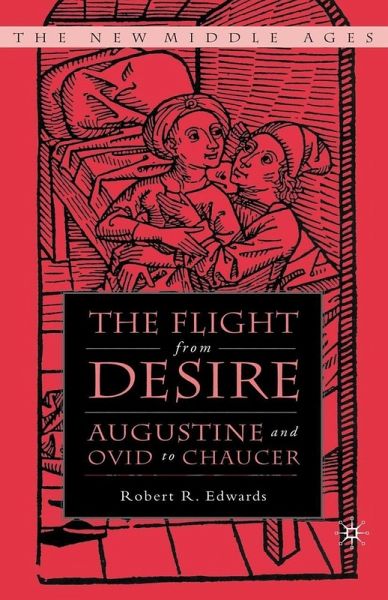
The Flight from Desire (eBook, PDF)
Augustine and Ovid to Chaucer
Versandkostenfrei!
Sofort per Download lieferbar
40,95 €
inkl. MwSt.
Weitere Ausgaben:

PAYBACK Punkte
20 °P sammeln!
This book reformulates the master narrative of erotic discourse in medieval literature. Individual chapters offer fresh readings of the nature and claims of erotic attachments in Abelard and Heloise, Marie de France, Jean de Meun, Dante, Boccaccio, and Chaucer - writers profoundly influenced by Augustine and Ovid.
Dieser Download kann aus rechtlichen Gründen nur mit Rechnungsadresse in A, B, BG, CY, CZ, D, DK, EW, E, FIN, F, GR, HR, H, IRL, I, LT, L, LR, M, NL, PL, P, R, S, SLO, SK ausgeliefert werden.



